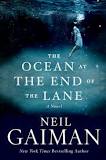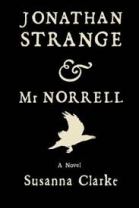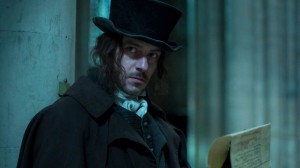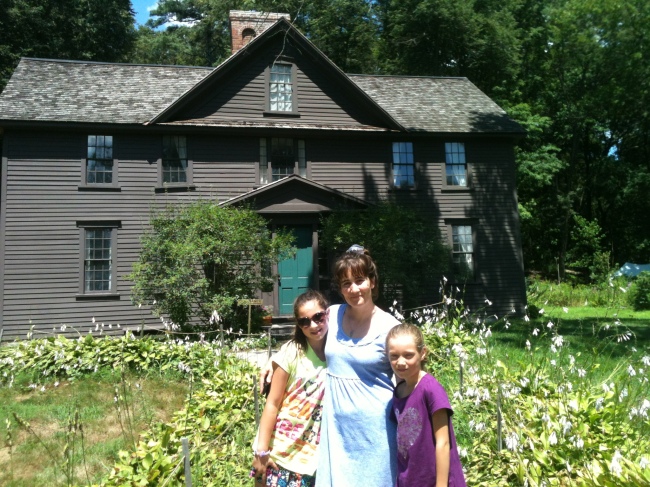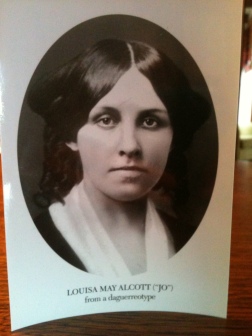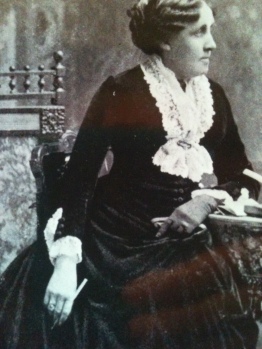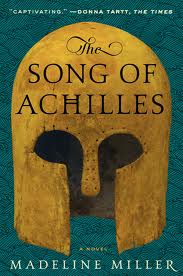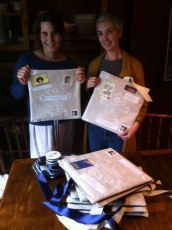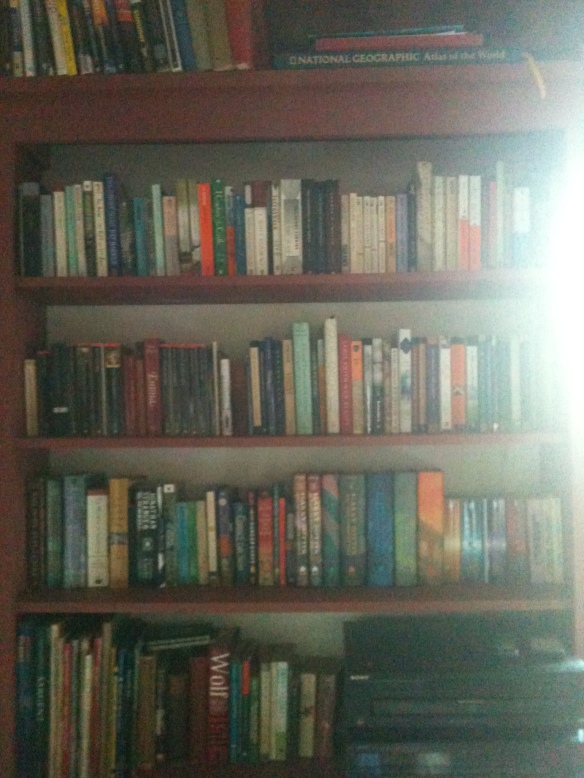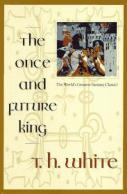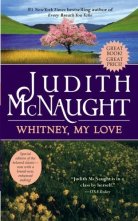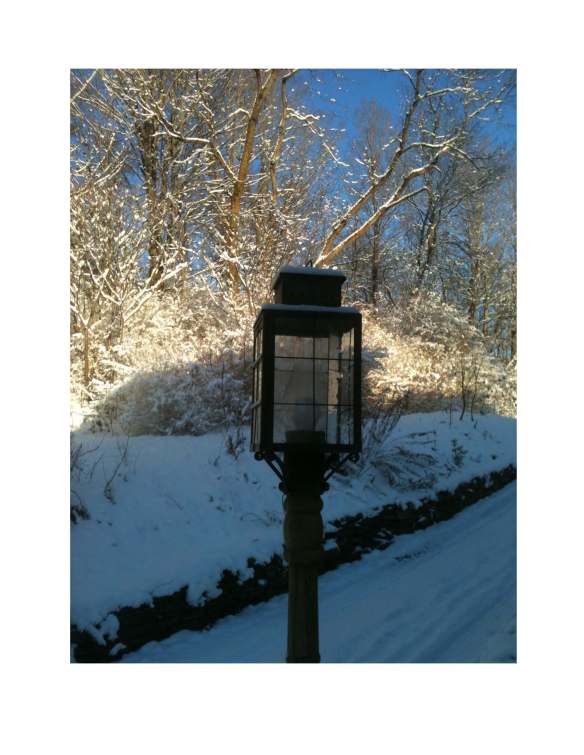Michelle has done so much justice to our JASNA AGM experience in Minneapolis, it’s not even funny. It was an amazing four days away from it all—so much so that we didn’t even usually bother to stop and recall that we were, indeed, away from it all. We were just there, immersed in all things Austen, all things Pride and Prejudice, and it was great.
Like Michelle, I came away with two things at the forefront of my mind: 1) I am only a fan and avid reader and lover of Jane Austen; I do not approach the level of serious, scholarly, and academic thought that goes into a real and deep study of her novels, although I desperately admire it and have just enough knowledge to be excited by it; and 2) Jane Austen is even more awesome than I realized. I suppose we’ve become very used to her. Her novels and the film/mini-series adaptations of them are a sort of comfort food for me, and she and her characters have been embraced by contemporary culture. That in no way diminishes what she does, and I now stand more in awe of it than ever. I can maybe imagine that her stories don’t speak to everyone—really, I can try to imagine that—but her writing is genius. Trust me, it just is. Or better yet, don’t trust me, trust John Mullan!
The plenary speakers were all so incredible, they alone would have been worth the trip. On top of that, I enjoyed several break-out sessions on array of topics including: performing to strangers, the militia in Austen’s time, Charlotte’s back parlor, and what was the matter with Anne de Bourgh. I don’t want to go into too much detail about any of these, but I think a taste of each is in order.
Performing to Strangers: Being, Seeming, and Courting in Pride and Prejudice. This was a good talk with a lively Q&A at the end. It’s going to stick in my mind, however, as the paper read by Ted Scheinman in place of his mother, Deborah Knuth Klenck, who had broken her leg and couldn’t attend. Fortunately, Ted is a British literature scholar, and he gamely read his mother’s paper—and ably responded to questions about it—including all the pronouns as they had been originally written. I recall a memorable opening line about when he was a young girl, and a passage near the end about his worries of one day becoming a dowager trying to marriage off her children… Highly amusing. Or perhaps I’m just simple.
“I liked a red coat myself very well—and indeed, so I do still at my heart”: The Role of the Militia in Pride and Prejudice. Blame the fact that I woke up at 3am, or that I’d already been to the opening session and one breakout session, but I can’t recall a lot of detail on this one. I found it really interesting at the time! But it’s all left my head. I can tell you that there was a much higher proportion of men in the room for this particular talk.
Charlotte Settles in the Back Parlor: Her “pleasantest preservative from want”. I quite like Charlotte Lucas/Charlotte Collins. In fact, I find her practical outlook on life easier to relate to, in some ways, than the impetuous idealism of Elizabeth Bennet. And we are meant to sympathize with Charlotte, her plight, and her actions. Elizabeth condemns her choice, but the author and the reader do not—or not so strongly. Her situation was all too familiar and realistic. One interesting point of the talk was how Charlotte devalued herself with her pursuit and acceptance of Mr. Collins—something Elizabeth would never have done. And we must, of course, never forget that poor Charlotte has to sleep with Mr. Collins. I don’t know why it’s important to say that, it just is.
What’s the Matter with Anne de Bourgh? This was, by far, my favorite break-out session, and it was presented by a three-person panel, each of whom had different theories on what was the matter with Anne de Bourgh. The first suggestion was rheumatic fever, which affected many young girls and could have been the cause of many of her physical symptoms—to the degree that we can identify them (thin, small, pale, sickly, cross). The second was that she is proud and rude and the luxury of being “ill” is a mark of her social class. She is, after all, seen talking to people she is close to, just not to Elizabeth. The third is that she suffered from childhood depression which, as she grew older, became situational depression—the situation being her mother. This was such a fascinating talk, and there’s no way I describe it all, so if you want to know more, just ask me! One of my favorite suggestions was that perhaps Anne de Bourgh uses her illness—real or imagined—as a way to escape her planned marriage to Mr. Darcy. After all, she is wealthy and will inherent (no entailment away from the female line in her family), and she has no need to marry at all. Perhaps she does not wish to—not even to Mr. Darcy!!
Before I wrap this up—and I’ve gone on too long already—I wanted to mention The Lizzie Bennet Diaries. The closing session featured several people involved with the creation of that Emmy Award-winning project, a modernized Pride and Prejudice that aired 100 short YouTube segments and took place across a variety of social media platforms, including: facebook, twitter, tumblr, pinterest, and many others. (You don’t have to use any other social media platforms to follow it, although they enhance the stories and the characters.) I watched a handful of episodes when I got back, and they’re engaging enough, but I doubt I’ll end up watching the entire thing. I can see, however, that the appeal might really rest in its immediacy—kind of like reality television—and the project has now been over for several months.
But! We are in luck. Tomorrow, October 7 is the start date for Emma Approved, a similar project updating…Emma. I think I’ll check it out. Agree or disagree with their version, I assure you that the creators are very thoughtful about the decisions they make with these beloved stories and characters.
I am now extremely excited about Montreal in 2014! Mansfield Park. So get your outfits ready! We will have SO much fun.
Photos: white soup, regency dress
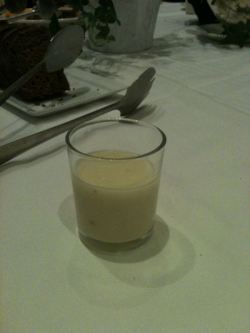


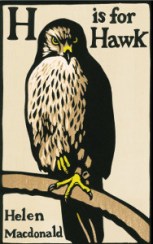 book was on my wish list (my literal Amazon wish list, in fact) ever since it was first published in 2014 and I read review after incredible review. Michelle gave it to me for my birthday, and it lived up to all my expectations. And not just mine–it’s won tons of awards.
book was on my wish list (my literal Amazon wish list, in fact) ever since it was first published in 2014 and I read review after incredible review. Michelle gave it to me for my birthday, and it lived up to all my expectations. And not just mine–it’s won tons of awards.